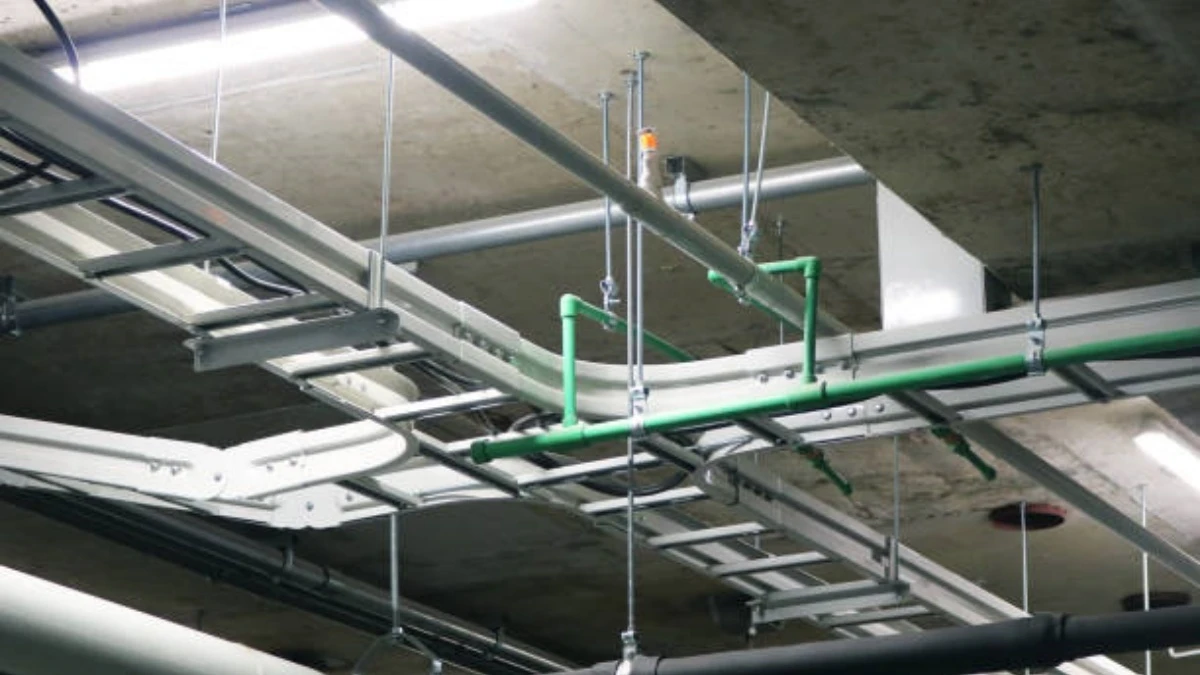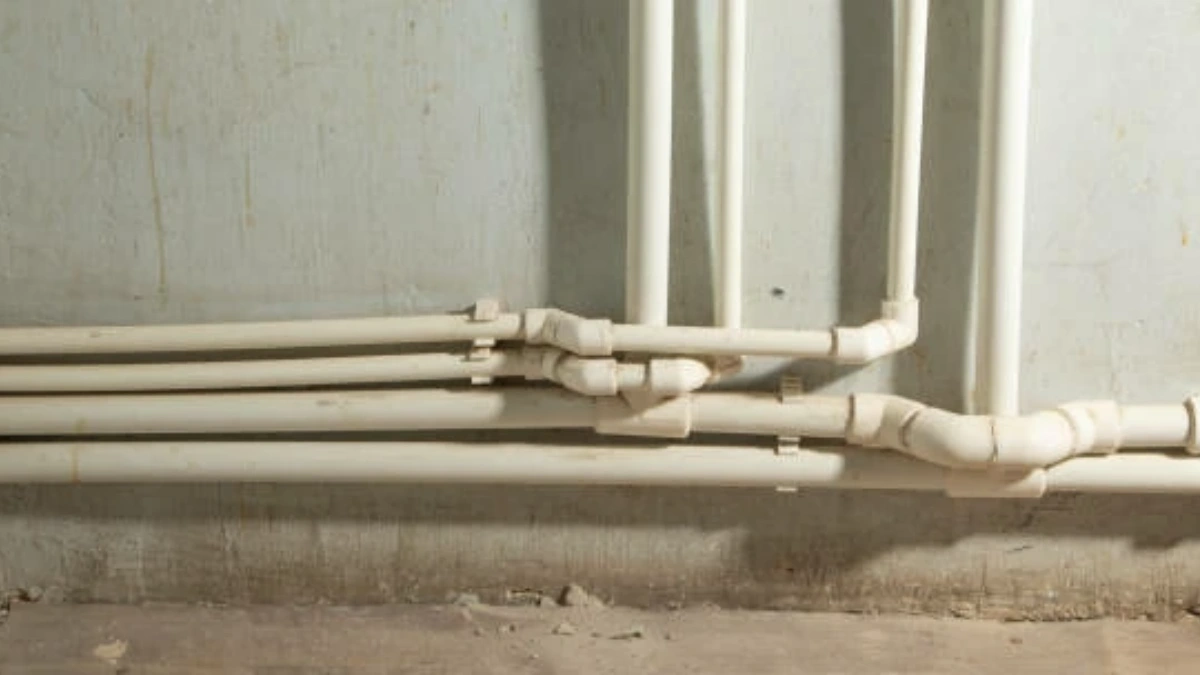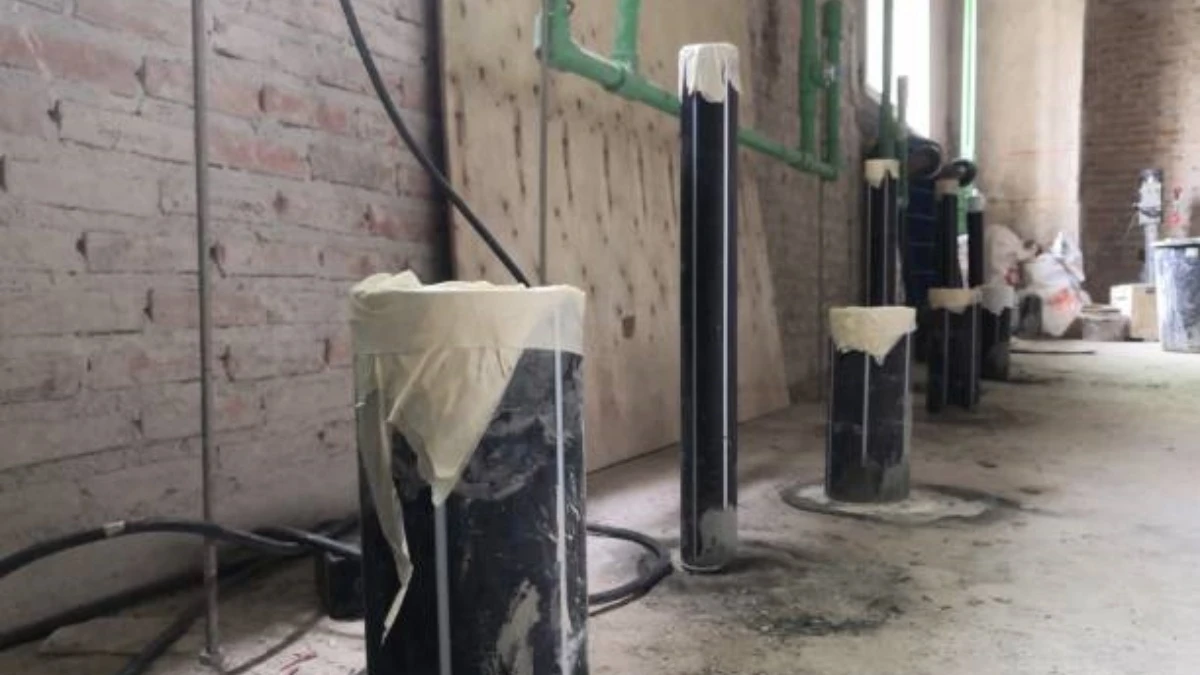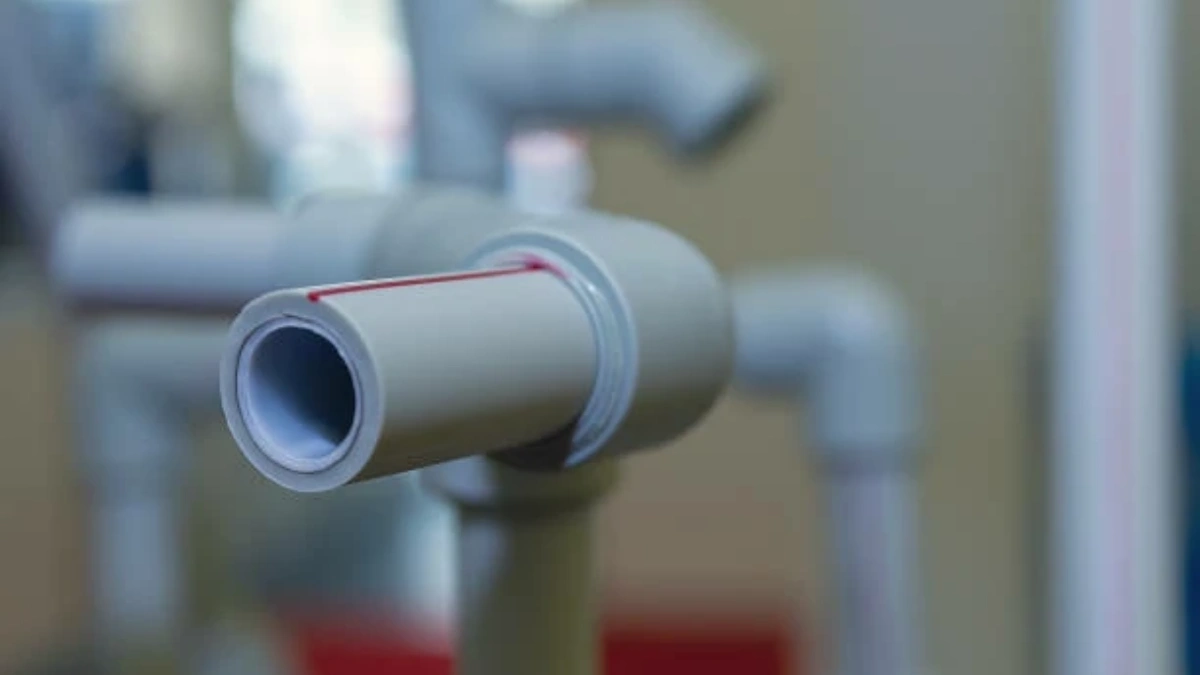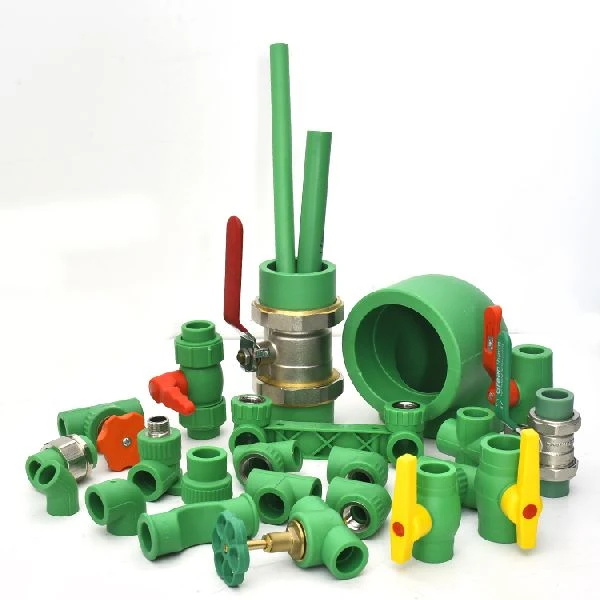In recent developments surrounding pipe fittings, a notable situation has emerged regarding DBP-funded materials discovered in a warehouse. The Department of Budget and Management (DBP) has invested significantly in infrastructure projects, leading to the procurement of various pipe fittings essential for construction and maintenance. This article explores the implications of the findings, the response from authorities, and the role of the newly formed committee led by Jarales to investigate the matter.
Understanding Pipe Fittings
Before delving into the specifics of the investigation, it’s important to grasp what pipe fittings are and their significance in various industries. Pipe fittings are essential components useful in plumbing, construction, and infrastructure projects to connect pipes, regulate flow, and adapt to different sizes or functions. These fittings come in various materials, including:
- PVC (Polyvinyl Chloride): Lightweight and resistant to corrosion, commonly used in residential plumbing.
- CPVC (Chlorinated Polyvinyl Chloride): Suitable for hot water applications due to its higher temperature tolerance.
- Metal fittings: Such as copper or galvanized steel, often used in industrial settings for their durability and strength.
DBP and Its Role in Infrastructure Development
The Department of Budget and Management (DBP) plays a critical role in funding and facilitating infrastructure projects throughout the country. By allocating budgets for essential materials, including pipe fittings, DBP aims to enhance public services and improve living standards. However, the discovery of these materials in a warehouse raises questions about procurement practices, storage, and overall project management.
The Discovery in the pipe fittings
Recently, a significant cache of pipe fitting funded by DBP was found stored in a warehouse, leading to immediate scrutiny. The fittings, which were intended for various public works projects, appeared to be left unused. This situation has prompted concerns regarding financial oversight and the efficient use of taxpayer money.
Initial Reactions
Upon the discovery, local authorities expressed shock and dismay. The apparent neglect of such valuable resources raised alarms about possible mismanagement and inefficiencies within the procurement process.
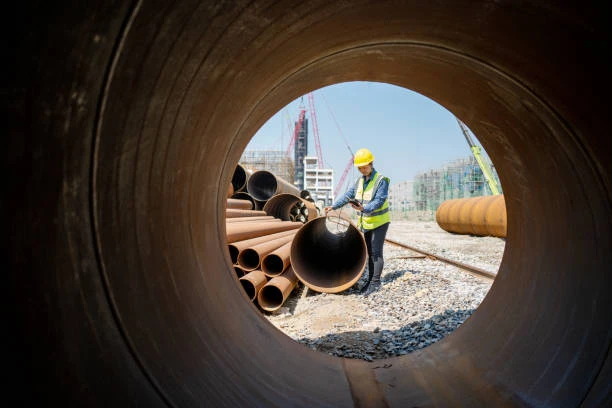
Jarales Forms a Body to Investigate pipe fittings
In response to the controversy surrounding the found pipe fittings, Jarales has leading an investigative committee. This body aims to:
- Assess the Condition of the Pipe Fittings: Determine whether the materials are still usable and can be useful to ongoing projects.
- Investigate Procurement Practices: Examine how these materials were procured, stored, and managed.
- Identify Accountability: Establish who is responsible for the oversight failures leading to the mismanagement of resources.
- Recommend Improvements: Propose changes to procurement processes and inventory management to prevent future occurrences.
Objectives of the Investigation
The formation of this committee is crucial for restoring public trust in DBP-funded projects. By addressing these key objectives, the committee aims to:
- Ensure transparency in the handling of public funds.
- Optimize resource allocation for ongoing infrastructure projects.
- Enhance the efficiency of future procurement practices.
The Impact of Mismanaged Pipe Fittings
The mismanagement of pipe fittings can have far-reaching consequences, including:
1. Increased Costs of pipe fittings
When materials are wasted or left unused, it can lead to increased costs for future projects. New materials may need to be purchased, further straining the budget allocated for public works.
2. Delays in Projects of pipe fittings
Unused materials can cause delays in infrastructure development. If projects cannot proceed due to a lack of resources, communities may suffer from prolonged disruption and inadequate services.
3. Erosion of Public Trust of pipe fittings
The discovery of mismanaged resources can lead to a loss of confidence among the public in government agencies. Transparency and accountability are essential for maintaining trust in public institutions.
Moving Forward: Recommendations for Improvement
As the investigation progresses, it’s essential to consider potential recommendations that could enhance the management of pipe fittings and similar resources:
1. Enhanced Inventory Management
Implementing a robust inventory management system can help track materials and ensure they are important efficiently. Regular audits should be useful to avoid future occurrences of resource mismanagement.
2. Transparent Procurement Processes
Streamlining procurement processes with clear guidelines can prevent inefficiencies and misallocation of funds. Ensuring that all transactions are transparent will foster accountability.
3. Training and Development
Providing training for personnel involved in procurement and inventory management can equip them with the skills needed to handle resources effectively. This investment in human capital can lead to better project outcomes.
4. Community Engagement
Engaging with local communities regarding infrastructure projects can enhance accountability. Communities should be informed about the status of projects and how public funds are being useuful.
Conclusion
The discovery of DBP-funded pipe fittings in a warehouse has brought to light significant concerns regarding resource management and procurement practices. With Jarales leading the investigation, there is an opportunity for accountability and reform in how public infrastructure projects are useful. By addressing the inefficiencies in this situation, authorities can work towards restoring public trust and ensuring that resources are useful effectively for the benefit of communities.
Frequently Asked Questions (FAQs)
1. What are pipe fittings used for?
Pipe fittings connect pipes in plumbing and construction, regulating flow and adapting to different sizes.
2. Why is the discovery of unused pipe fittings concerning?
It raises questions about financial oversight and the efficient use of taxpayer money in public infrastructure projects.
3. What is the role of Jarales in this investigation?
Jarales leads a committee tasked with assessing the condition of the fittings, investigating procurement practices, and recommending improvements.
4. How can mismanaged resources affect infrastructure projects?
Mismanagement can lead to increased costs, delays in projects, and erosion of public trust in government agencies.
5. What steps can be taken to prevent future mismanagement?
Implementing enhanced inventory management, transparent procurement processes, training personnel, and engaging with communities can help prevent similar issues.

